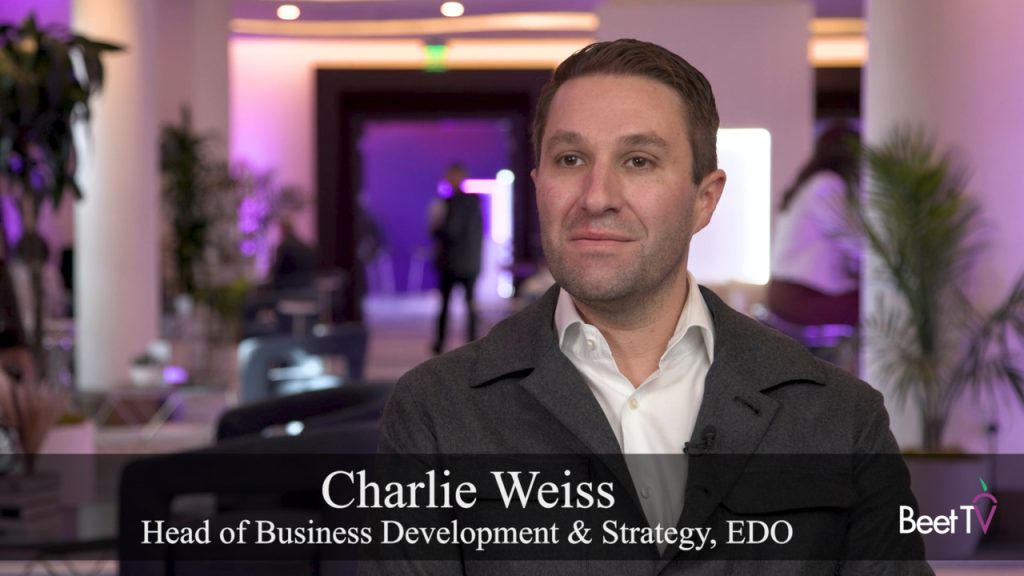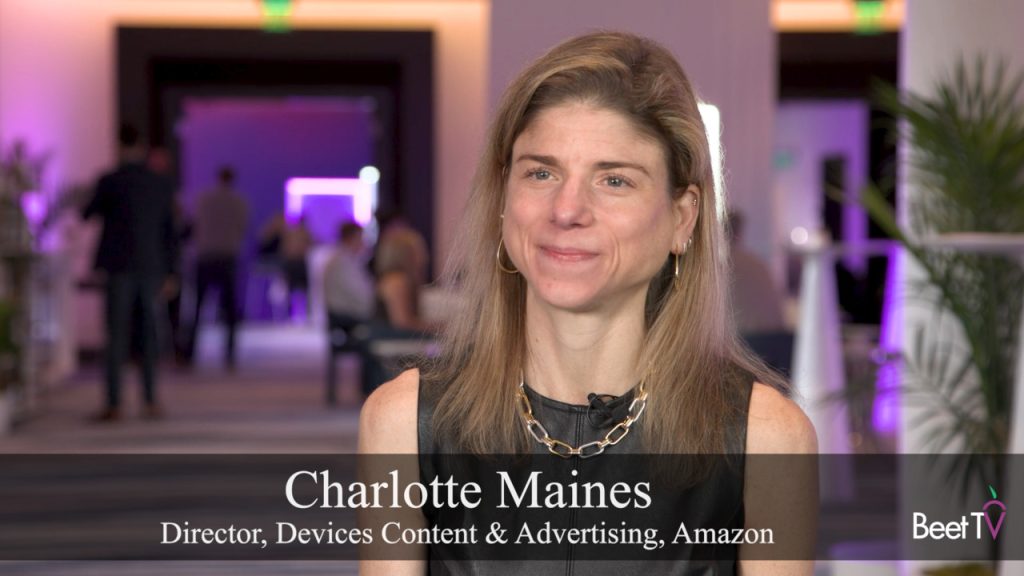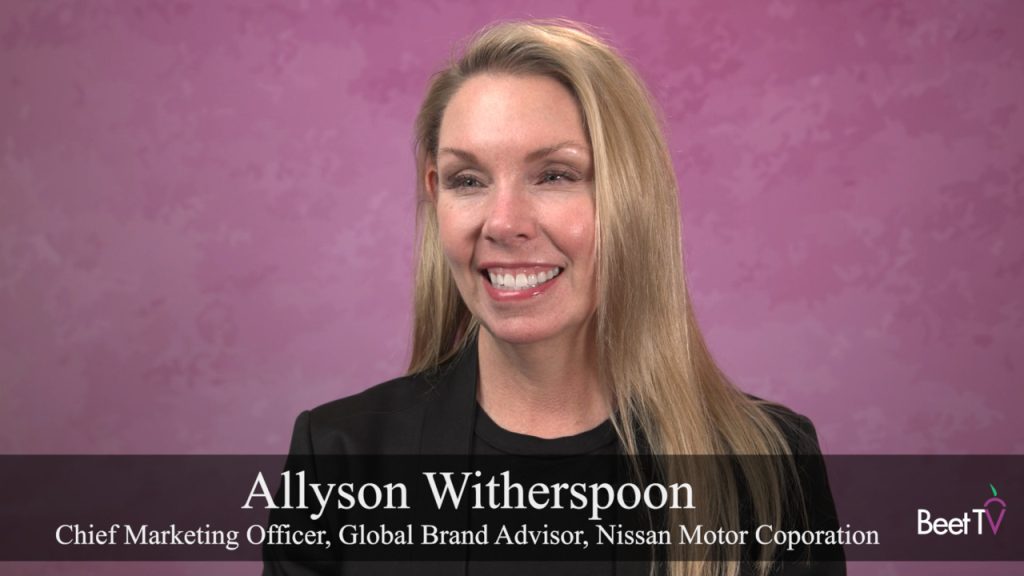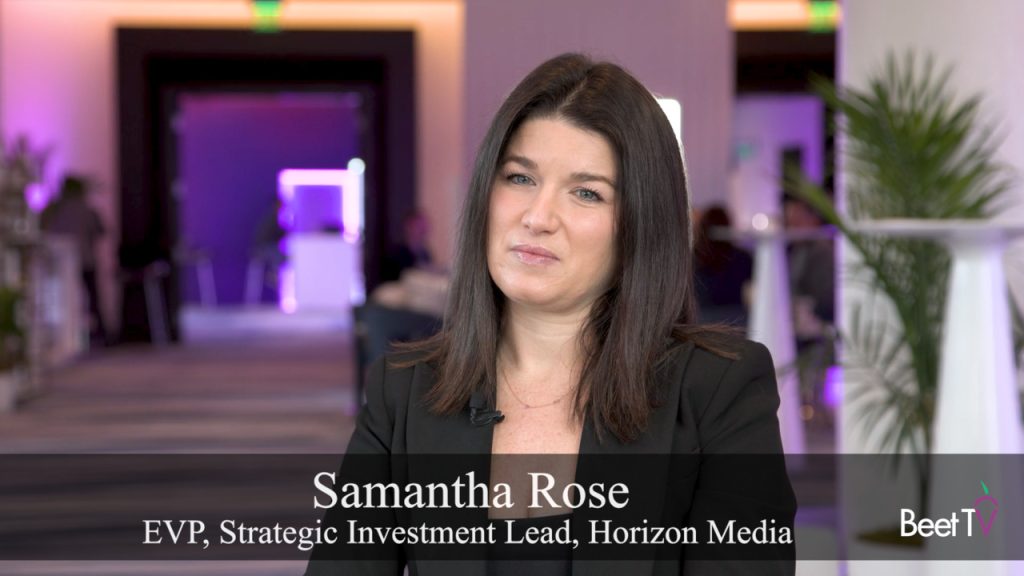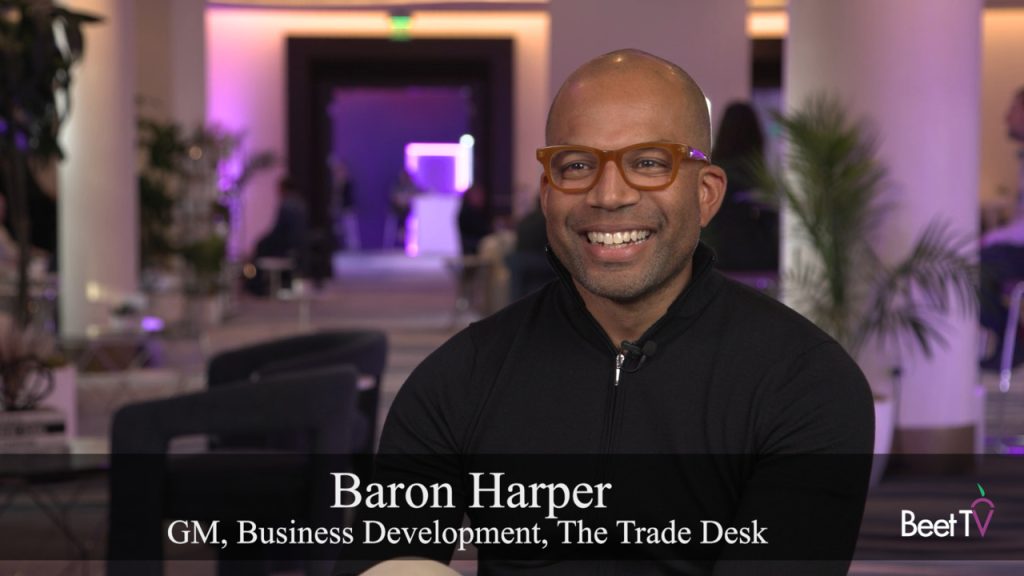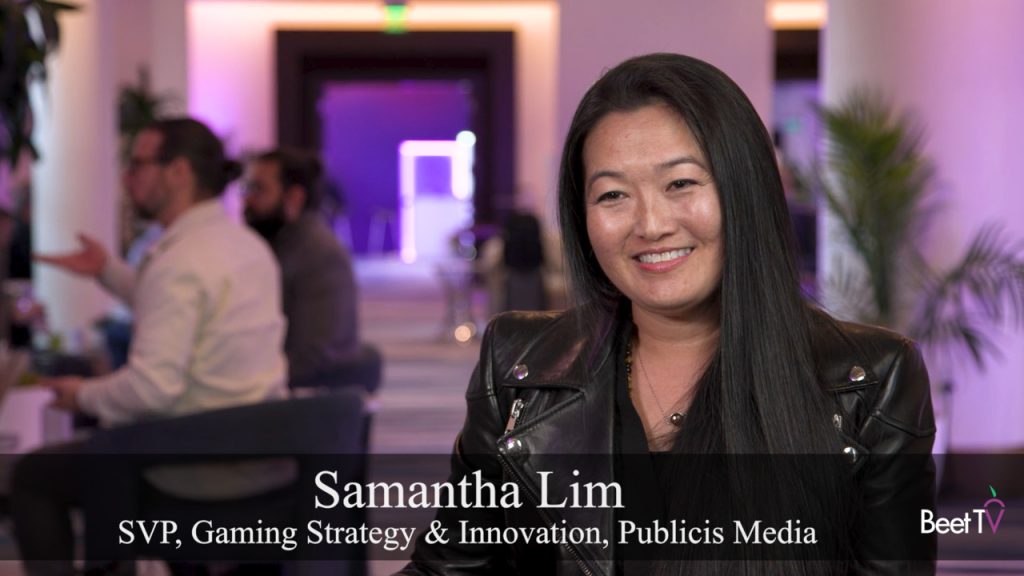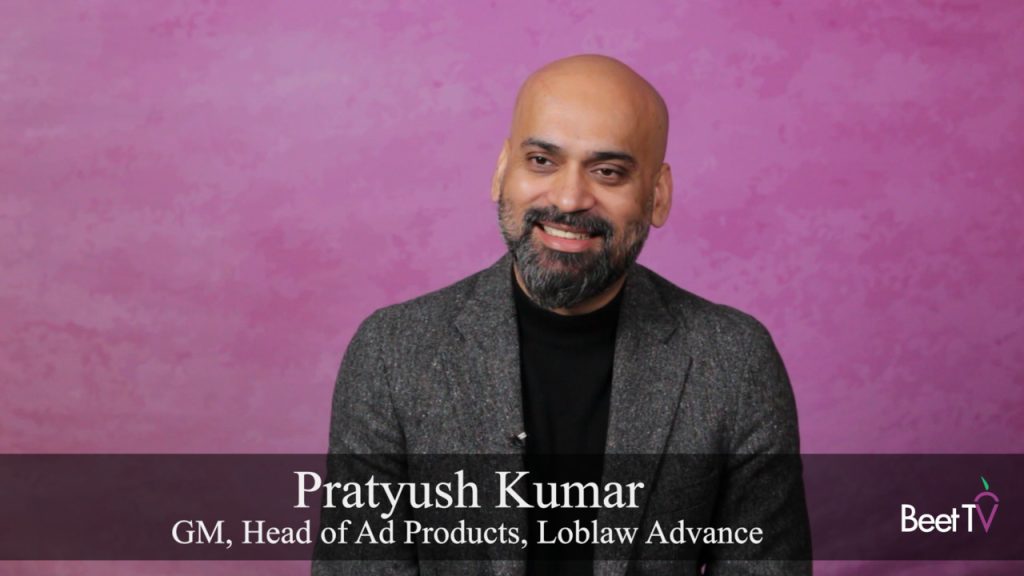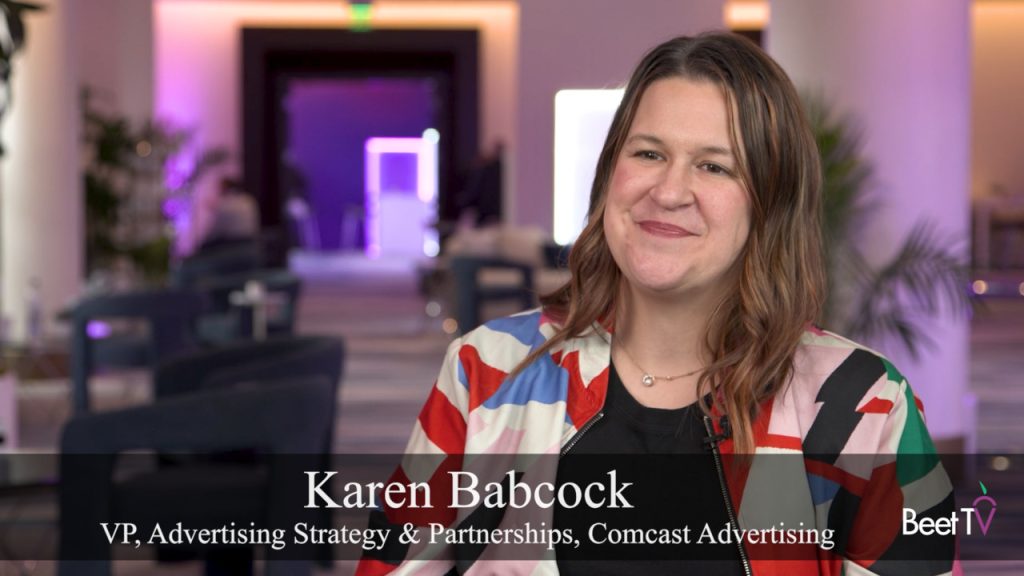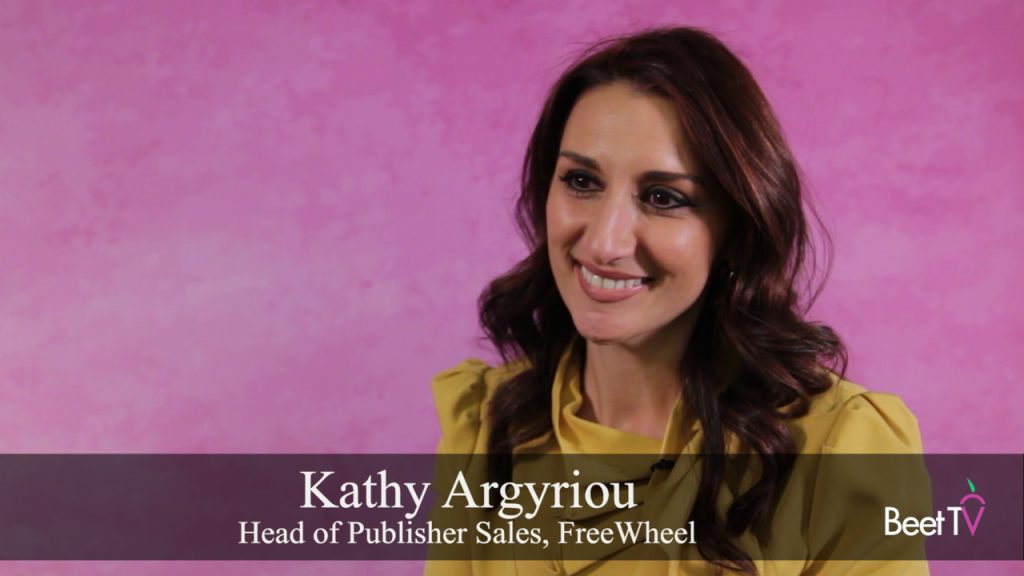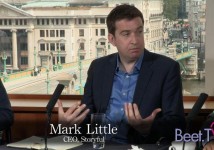
About.com, the online network of special interest communities, enjoys "unbelievable margins" from Google AdSense, said Martin Nisenholtz, who heads digital operations at The New York Times Company, which owns About.com.
Nisenholtz was a panelist Monday at the OMMA conference where I taped his comments. (His reference to AdSense comes up at 2:45 in the clip.)
He says that companies who create low cost, highly verticalized and contextualized content will get "very rich" from AdSense. He adds that AdSense does not perform well for New York Times news coverage.
Andy Plesser, Executive Producer
Production note: Sorry for the poor audio quality; I was unable to connect to the event sound system from my location.
Video Transcript
Martin Nisenholtz: Well that is really a great swirling conversation. It's a convergence of, you know, reading, hearing, and talking. It's not just reading. And so sites like the Huffington Post, so long as, and I'm not speaking specifically about the Huffington Post per se, but sites like them. (interjection: So long as they're in New York City…) So long as…well there are a lot of aggregators in the world and the Huffington Post isn't the only one and so, you know, there are laws around fair use and obviously to the extent that our content, the efficacy and the copyrights that we own are respected and then the linking of one article to another or one website to another is endemic in the web itself. So if we were to pull ourselves off from that, we could do that; a lot of people now are talking about doing that because they're frustrated with respect to their business models, but I think the only result that happens when you do that, in fact, as I tried to say in my talk, this isn't as much about social or not social, it's about closed and open. I think we've been on a path toward ever increasing openness over the last decade and that is really about opening oneself up to the web.
So, now obviously, if you get into the situation where the business models simply don't emerge over time and you talk about disruption, something…obviously one of the most important disruptions is the idea that I raised before about, you know, declining CPMs, something someone else raised and how the issues about brand advertising moving over and I think a great question at the outset was "Why does a brand, a media brand, matter when you pass the brand to an immediate audience?" All of these questions have to do with disruption, but putting all that aside, you know, I think we've benefited greatly by having an open attitude and we're by far the largest newspaper website in the world now with great influence both journalistically and financially. And so who can argue with that.
(2:24) You know, just in listening to Eric for a moment, it just strikes me that I should also mention that the New York Times company also owns About.com, which is a very different kind of content business. And because of the way it creates content, because of the expense structure of the business as well as the kind of content it creates, it actually can earn unbelievable margins in assets. So the reason I mentioned AdSense in the context of theBuzz is because if you can create content at a very low cost that's highly verticalized and very contextual, AdSense will monetize all day long. You'll get very rich, very rich. And so that's a big difference between that and creating, you know, the great content that we obviously create at The New York Times. I mean we write an article about, you know, the reform movement in Iran and AdSense doesn't know what to do with that. They can't monetize it, ad networks can't monetize it. We have to monetize it directly for our own sales force. So I really think that, you know, as we talk about these models, we recognize that there are models that are friendlier to web endemic advertising and models that are less friendly. Just for monetization.






